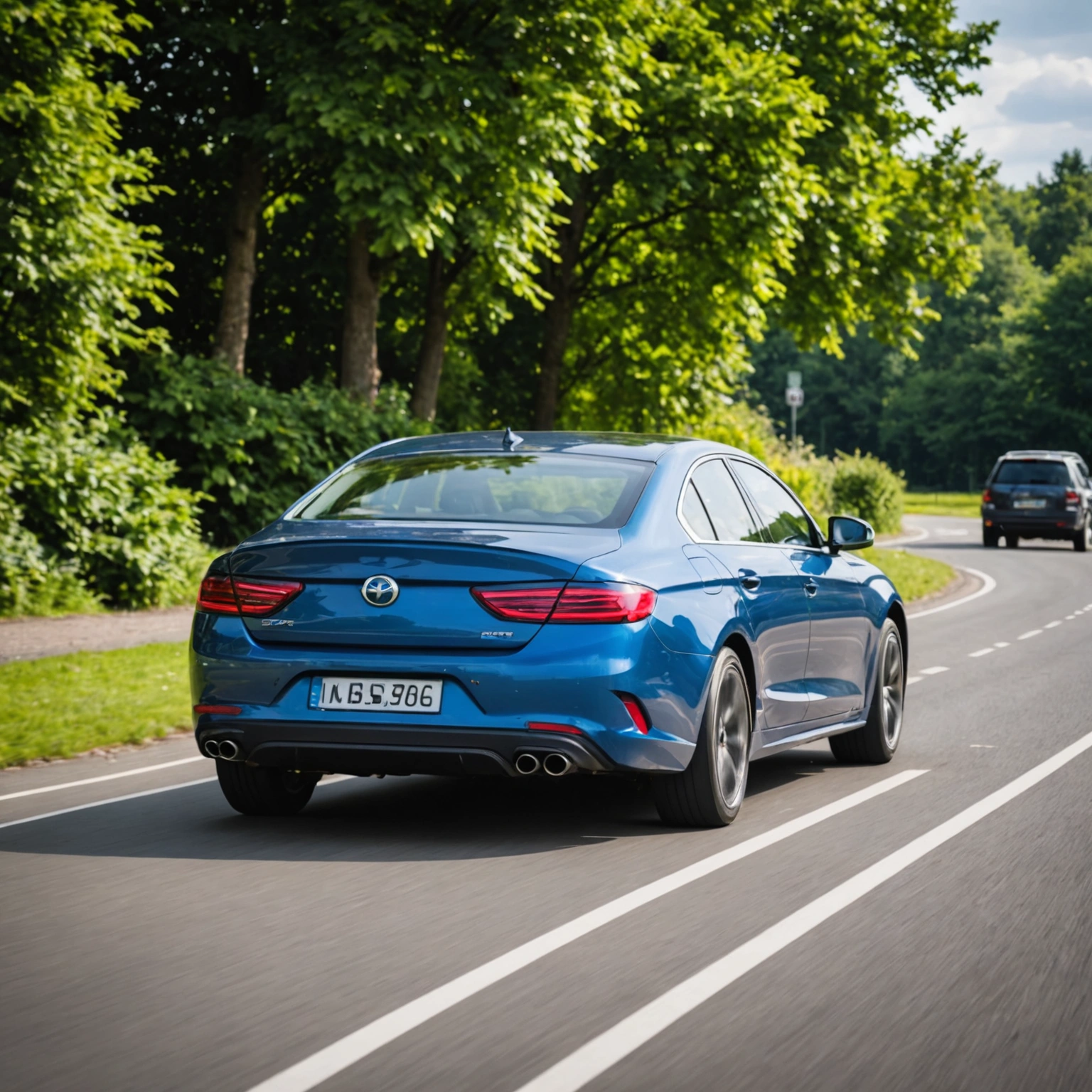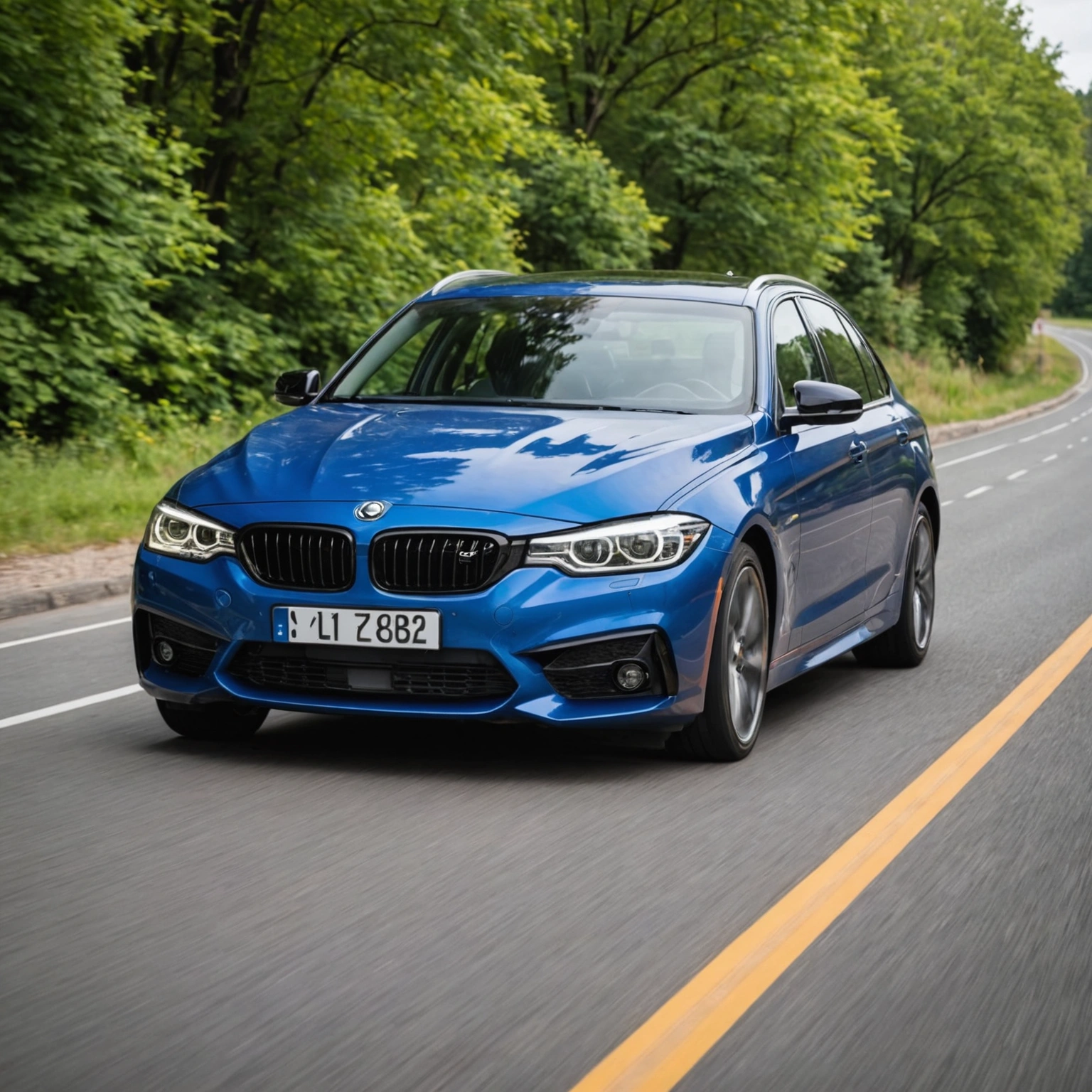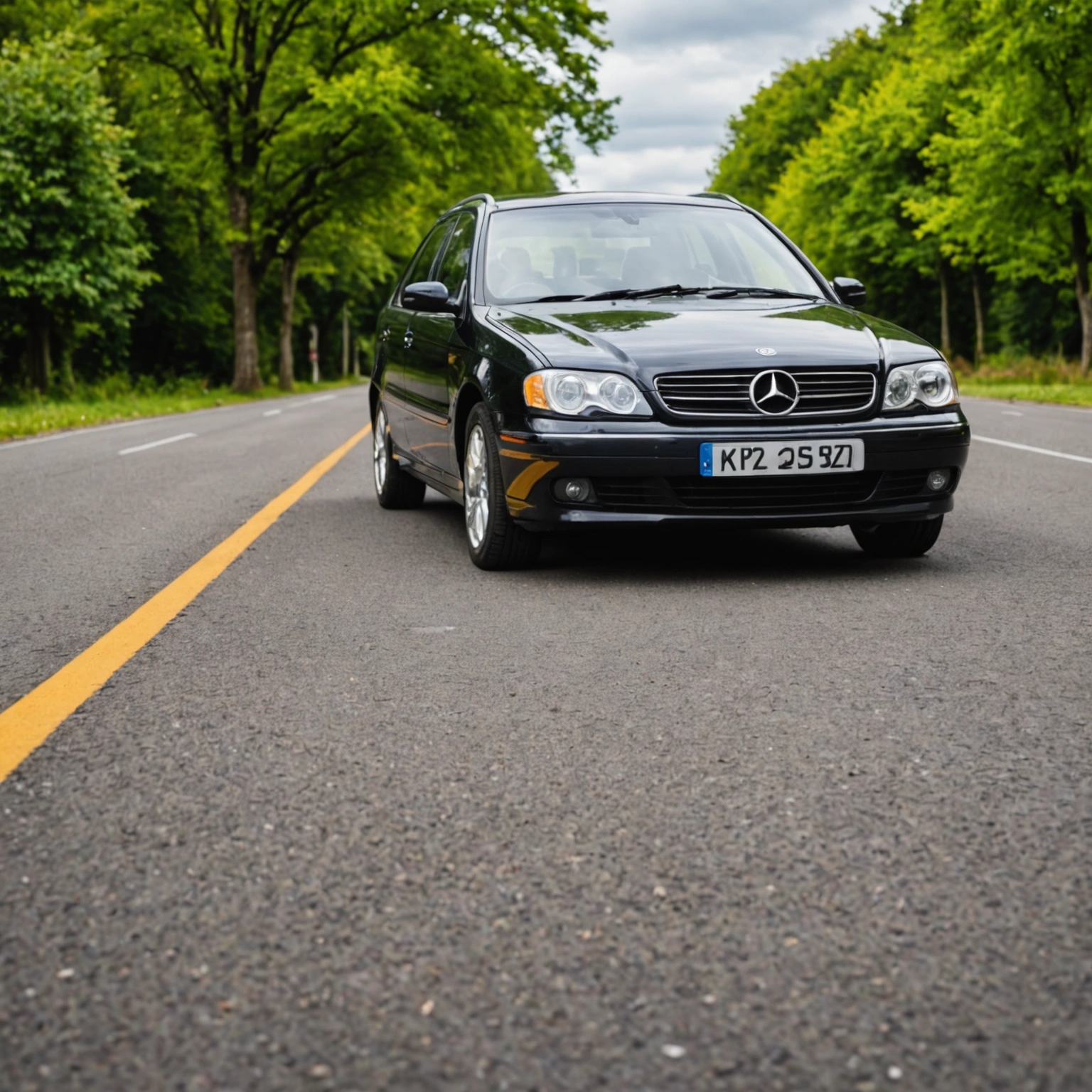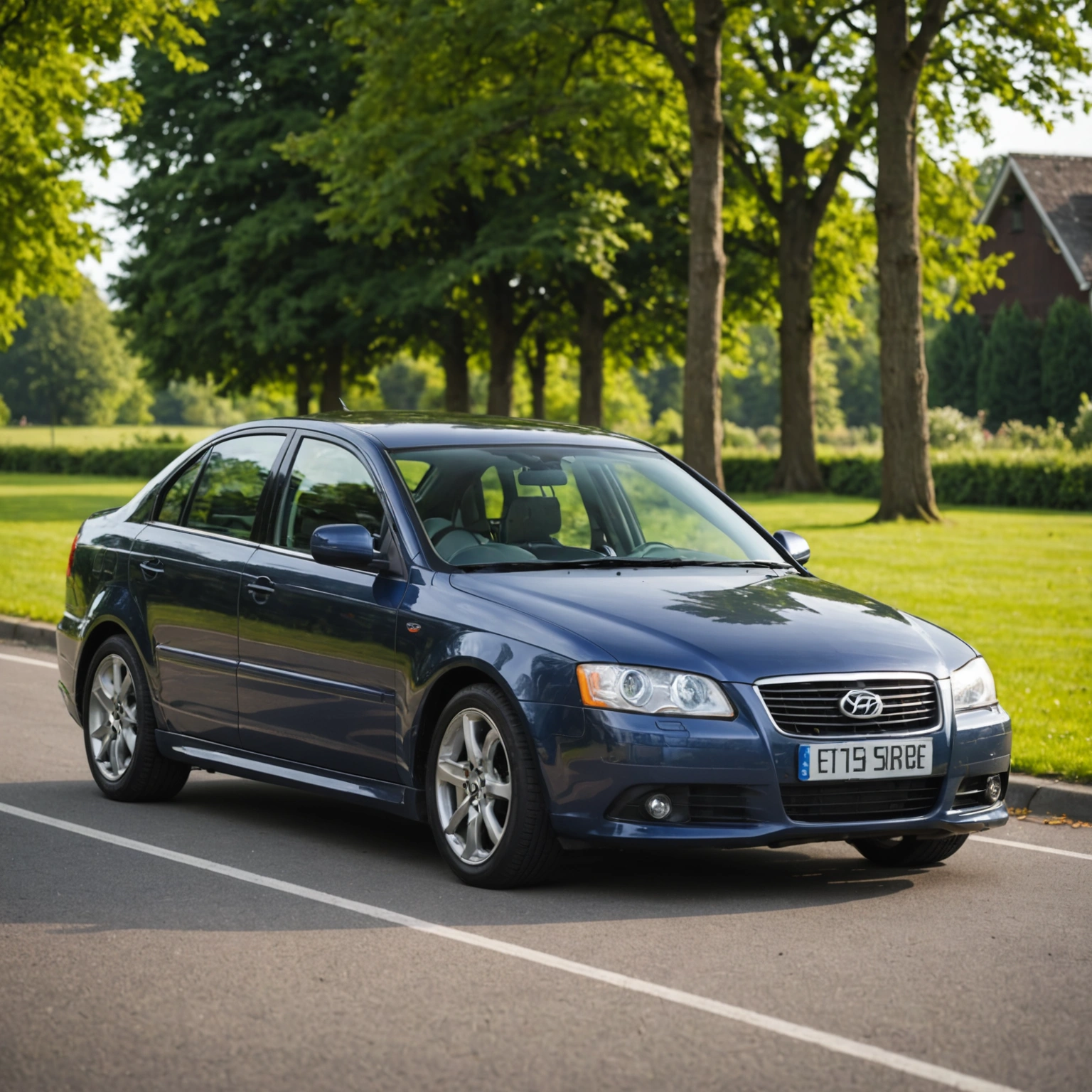**Why Does My Car Stall When I Stop? Understanding the Common Causes**
If you’ve experienced your car stalling every time you come to a stop, you’re not alone. This frustrating issue can be caused by a variety of mechanical or electrical problems. Understanding the common causes can help you diagnose the issue and determine whether it’s a simple fix or requires professional attention.

### 1. Faulty Idle Air Control Valve (IACV)
The Idle Air Control Valve regulates the amount of air that bypasses the throttle plate, maintaining a steady engine idle. If this valve becomes dirty or fails, your engine may not receive the proper airflow at idle, causing it to stall when you stop.

**Signs:** Rough idling, stalling at stops, engine surging.
### 2. Dirty or Clogged Throttle Body

Over time, carbon deposits can build up in the throttle body, restricting airflow. This can cause the engine to stall when idling or during stops.
**Signs:** Hesitation when accelerating from a stop, rough idle, poor acceleration.

### 3. Vacuum Leaks
A vacuum leak occurs when unmetered air enters the engine, disrupting the air-fuel mixture. This can cause unstable engine idle and stalling.
**Signs:** High or fluctuating idle speed, hissing sounds under the hood, poor fuel economy.
### 4. Fuel Delivery Issues
Problems with the fuel pump, clogged fuel filter, or dirty fuel injectors can restrict fuel flow, leading to engine stalling at stops.
**Signs:** Loss of power, engine sputtering, difficulty starting.
### 5. Faulty Sensors
Modern vehicles rely on sensors like the Mass Air Flow (MAF) sensor or Throttle Position Sensor (TPS) to manage engine performance. If these sensors malfunction, the engine may stall during idle or stops.
**Signs:** Check engine light, erratic engine behavior, poor acceleration.
### 6. Issues with the Transmission or Clutch
In manual transmissions, a slipping clutch can cause the engine to stall when you come to a stop, especially if the clutch isn’t engaging properly.
**Signs:** Difficulty shifting, engine stalls when releasing the clutch.
### 7. Weak or Dead Battery
A failing battery can lead to inconsistent electrical performance, affecting engine control modules and causing stalls.
**Signs:** Dim lights, slow engine cranking, frequent stalling.
—
### How to Address a Stalling Car
– **Regular Maintenance:** Keep your throttle body and idle air control valve clean.
– **Check for Vacuum Leaks:** Inspect hoses for cracks or disconnections.
– **Replace Filters:** Change fuel and air filters as recommended.
– **Scan for Codes:** Use an OBD-II scanner to identify faulty sensors.
– **Visit a Mechanic:** If you’re unsure, it’s best to have a professional diagnose and fix the problem.
—
### Final Thoughts
A car stalling at stops can be caused by a range of issues, from simple dirt buildup to more complex sensor or fuel system problems. Regular maintenance and attentive driving can help prevent many of these issues. If your vehicle continues to stall despite basic troubleshooting, consult a qualified mechanic to ensure a proper diagnosis and safe repair.
**Remember:** Addressing engine stalling promptly can prevent further damage and keep your driving experience smooth and safe.

